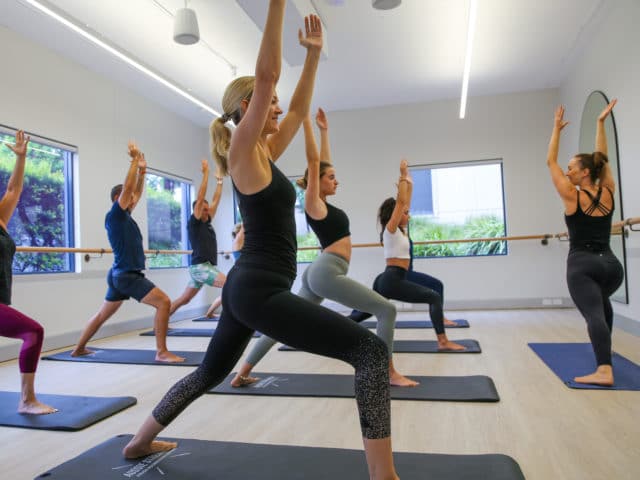Exercise and Sleep

Sleep is a fundamental aspect of our well-being, influencing our physical, mental, and emotional health. However, with the demands and stresses of modern life, many individuals struggle to achieve a restful night’s sleep. While there are various factors that contribute to sleep quality and duration, one often overlooked yet highly effective approach is exercise. In this blog post, we will explore the profound impact that exercise can have on improving sleep quality and duration. From understanding the science behind the relationship to practical tips and strategies, we will uncover the key to unlocking the rejuvenating power of sleep.
The Science Behind Exercise and Sleep
To comprehend the connection between exercise and sleep, we must delve into the science behind it. Engaging in regular physical activity has been found to regulate the body’s internal clock, known as the circadian rhythm. This internal clock helps govern sleep-wake cycles, and by exercising, we synchronize it more effectively. Additionally, exercise increases body temperature, promoting a post-workout drop that enhances sleepiness when bedtime arrives. Furthermore, physical activity stimulates the production of endorphins, serotonin, and other neurotransmitters that positively affect mood, reducing anxiety and stress that can disrupt sleep.
Improving Sleep Quality
Exercise plays a pivotal role in improving sleep quality. Regular physical activity, whether it’s aerobic exercises like running, swimming, or cycling, or strength training activities such as weightlifting, promotes deeper and more restorative sleep. Studies have revealed that individuals who exercise regularly experience fewer sleep disturbances, spend more time in the coveted deep sleep stage, and wake up feeling refreshed.
Moreover, exercise can alleviate symptoms associated with sleep disorders such as insomnia and sleep apnea. Regular aerobic exercise, particularly in the morning or afternoon, has shown significant improvements in sleep quality for those suffering from insomnia. By reducing anxiety and restlessness, exercise can calm the mind and promote a sense of relaxation before bedtime.

Duration and Timing
While exercise can undoubtedly enhance sleep quality, it’s essential to consider the timing and duration of physical activity to optimize sleep benefits. Engaging in vigorous exercise too close to bedtime can elevate heart rate and body temperature, making it challenging to fall asleep. Therefore, it is recommended to complete moderate-to-intense workouts at least a few hours before bedtime, allowing the body to cool down and relax.
As for the duration, consistency is key. Aim for at least 150 minutes of moderate-intensity aerobic exercise or 75 minutes of vigorous exercise per week. This can be broken down into manageable increments throughout the week. Remember, even a short walk or gentle yoga session can contribute to improved sleep quality.
Additional Tips for Optimal Sleep
Beyond exercise, there are several additional tips that can enhance the quality and duration of sleep. Maintaining a regular sleep schedule by going to bed and waking up at the same time each day helps regulate the body’s internal clock. Creating a sleep-friendly environment, including a comfortable mattress, cool room temperature, and minimal noise and light disturbances, also promotes better sleep.
Limiting caffeine and alcohol intake, especially in the evening, can prevent sleep disruption. Engaging in relaxation techniques such as deep breathing exercises, meditation, or a warm bath before bedtime can signal to the body that it’s time to unwind and prepare for sleep. For more information or to read all about using fat burners, feel free to visit their page to know more.
Conclusion
Exercise is a powerful tool that not only benefits our physical fitness but also plays a significant role in improving sleep quality and duration. By incorporating regular exercise into our routines and adopting healthy sleep habits, we can reap the rewards of a restful and rejuvenating slumber. So, let’s lace up those running shoes, hit the gym, or engage in activities we enjoy, and embrace the profound connection between exercise and sleep for a healthier, happier life.





